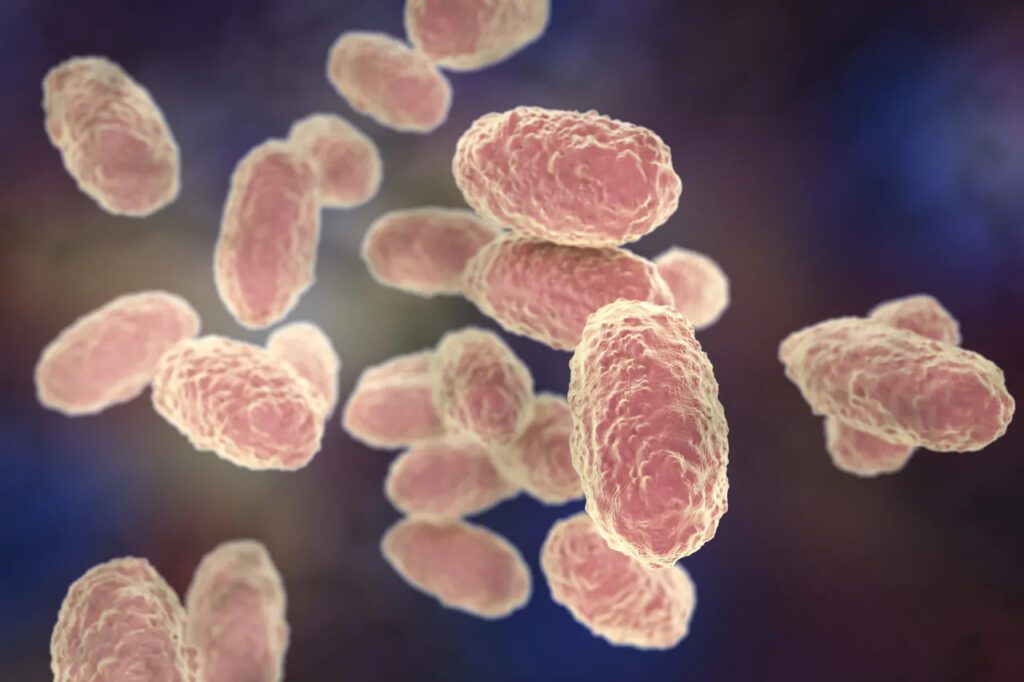
Whooping cough, also known as pertussis, is a highly contagious respiratory infection that primarily affects infants and young children. In this article, we will delve into the nature of whooping cough, its associated risks, and the importance of vaccination in preventing its spread. By gaining a better understanding of the disease and promoting vaccination, we can work towards reducing the incidence of whooping cough and protecting the health and well-being of individuals, especially vulnerable populations.
Whooping cough is caused by the bacterium Bordetella pertussis. It spreads through respiratory droplets when an infected person coughs or sneezes, making it highly contagious. The disease starts with symptoms similar to the common cold, such as runny nose, sneezing, mild cough, and low-grade fever. However, it progresses to severe coughing fits characterized by a high-pitched “whoop” sound when inhaling after a coughing spell. These coughing fits can be exhausting and may lead to vomiting or shortness of breath.
Whooping cough can be particularly severe for infants and young children, and it can be life-threatening, especially in babies younger than six months old who have not received all their pertussis vaccinations. Complications of whooping cough can include pneumonia, seizures, brain damage, and even death. Older children, adolescents, and adults can also contract the disease, albeit with milder symptoms, but they can unknowingly transmit the infection to vulnerable individuals.
Vaccination is the most effective way to prevent whooping cough. The pertussis vaccine is typically administered as part of the combination vaccine called DTaP, which also protects against diphtheria and tetanus. It is given in a series of doses to infants and young children, with additional booster doses recommended during adolescence and adulthood. Vaccination not only protects individuals from developing severe whooping cough but also helps prevent the transmission of the bacteria to others.
Maintaining high vaccination rates is crucial for achieving herd immunity. Herd immunity occurs when a significant portion of the population is vaccinated, making it difficult for the disease to spread. By vaccinating individuals, we not only protect them but also contribute to the protection of those who are unable to receive the vaccine due to age or health conditions. This includes infants who are too young to be vaccinated or individuals with weakened immune systems.
Preventing Whooping Cough: In addition to vaccination, certain preventive measures can help reduce the spread of whooping cough:
Vaccination for Pregnant Women: Pregnant women are recommended to receive the Tdap vaccine during each pregnancy, ideally between weeks 27 and 36. This helps protect both the mother and the newborn baby from whooping cough.
Vaccination of Household Contacts: Close contacts of infants, including parents, grandparents, and siblings, should ensure they are up to date with their pertussis vaccinations to minimize the risk of transmission.
Covering Coughs and Sneezes: Practice proper respiratory hygiene by covering your mouth and nose with a tissue or your elbow when coughing or sneezing. Dispose of tissues properly and wash your hands afterward.
Hand Hygiene: Wash your hands frequently with soap and water for at least 20 seconds, especially after coughing, sneezing, or being in public places. If soap and water are not available, use alcohol-based hand sanitizers.
Staying Home When Sick: If you have symptoms of whooping cough, stay home from work, school, or public gatherings to prevent spreading the infection to others.
Whooping cough is a highly contagious respiratory infection that can have severe consequences, especially for infants and young children. By understanding the nature of whooping cough, promoting vaccination, and following preventive measures, we can reduce its incidence and protect vulnerable populations. Let us prioritize vaccination, raise awareness about the importance of pertussis vaccination, and work collectively to prevent the spread of whooping cough. Together, we can ensure the health and well-being of individuals and communities.
